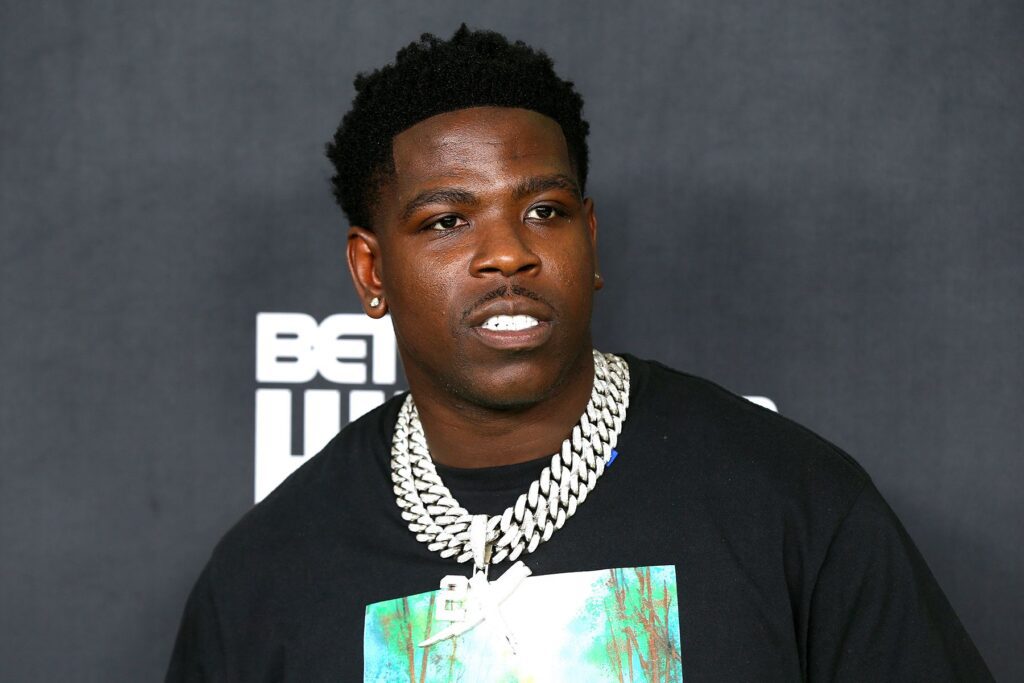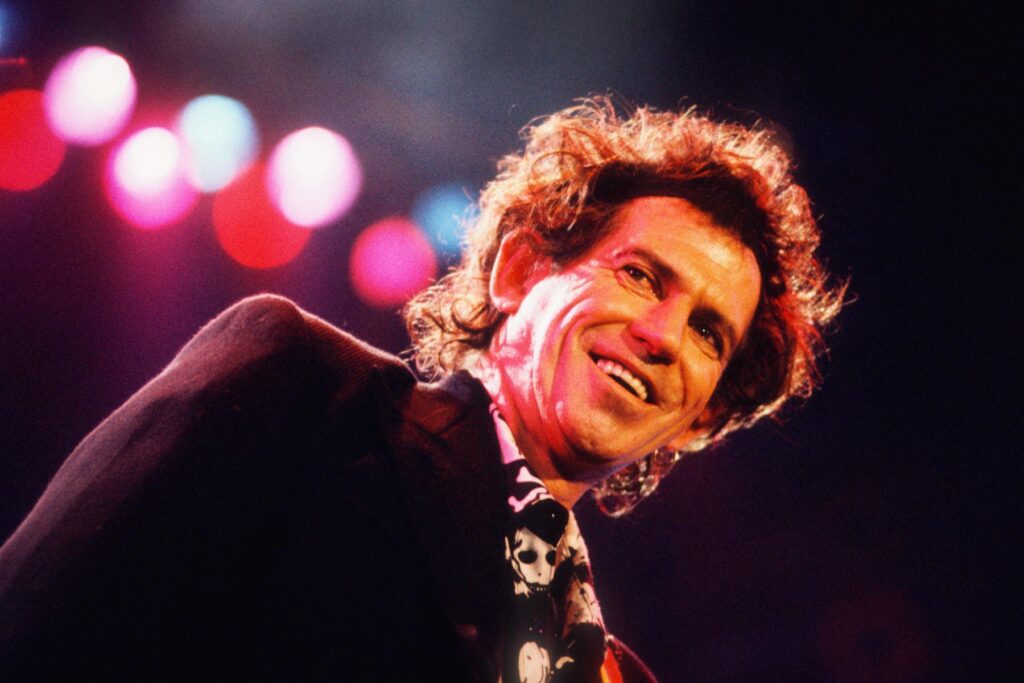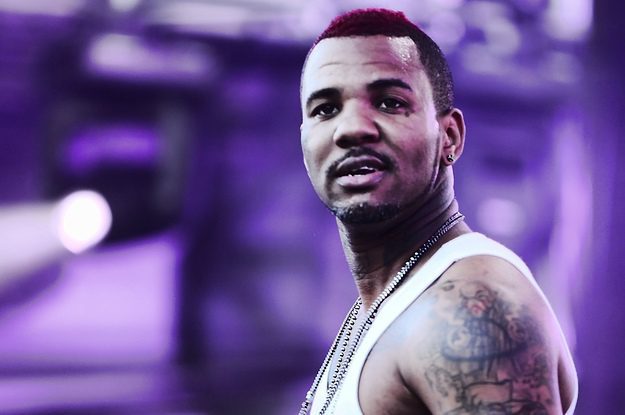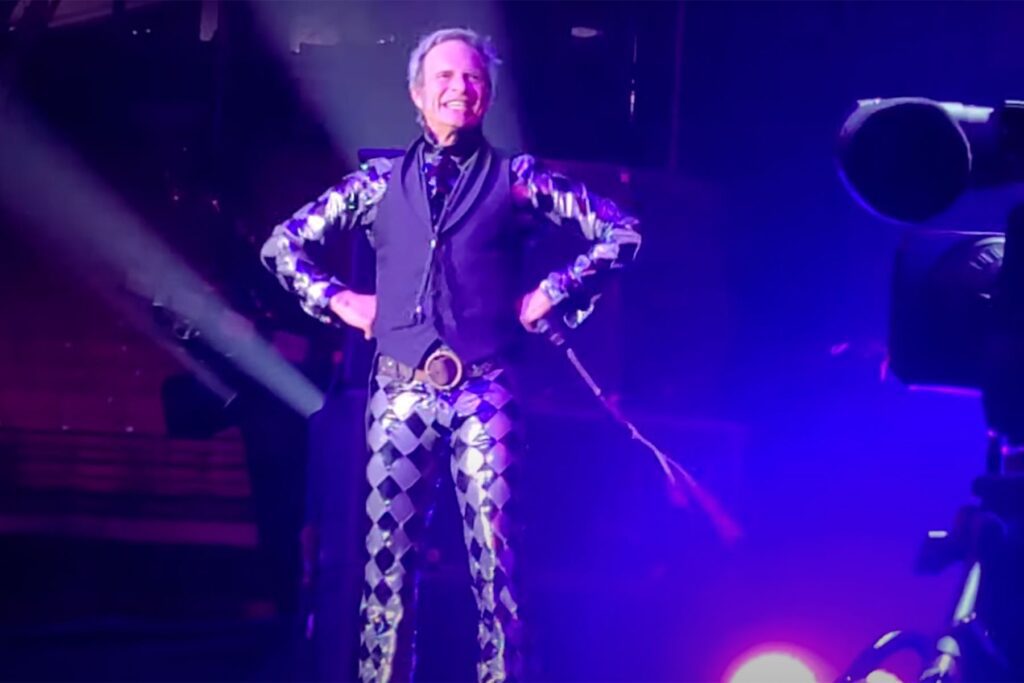
Rapper Casanova Pleads Guilty to Racketeering Conspiracy, Drug Charges
In November 2019, Casanova’s star was on the rise. The rapper, whose real name is Caswell Senior, played a Tidal-sponsored festival at Barclays Center and energized the venue, as Rolling Stone noted, “in a way only a hometown Brooklyn hero can.” Senior also seemed ready to tackle his demons head-on. In his new album at the time, Behind These Scars, Senior leaned into his vulnerability, departing from the unflinching style that had made him a rising star.
Senior had also confronted the criminal justice system in his work and advocacy. In the Behind These Scars track “Jail Call,” Senior described being suicidal behind bars. “I been in the belly of the beast, thinking of suicide. I been hearing my mother cry on the phone. Just ‘Why? Why again’ and you can’t explain it,” Senior told Rolling Stone in 2019. “She don’t understand. I had to rob. That’s me. That’s my life story. That’s a scar.” He even spoke about prison reform at Harvard University.
Senior’s ascent didn’t last. On December 1, 2020, federal prosecutors revealed that Casanova was one of 18 alleged Untouchable Gorilla Stone Nation Gang members indicted in a sprawling drug conspiracy case. The conspiracy ran from 2004 to 2020 in New York City and upstate, prosecutors alleged. In a court document, prosecutors also claimed that Senior “closely coordinated his artistic endeavors to benefit the gang,” sharing some of his money with Gorilla Stone’s founder, Dwight Reid, who is serving a 50 years-to-life prison sentence for a 2014 murder. On Wednesday, Senior pleaded guilty in White Plains federal court to two counts: racketeering conspiracy and narcotics conspiracy.
Senior, sporting navy blue jail scrubs and a pumpkin orange undershirt, waved to his family and blew them a kiss when he walked into the courtroom at 11:25 a.m. The proceedings took a grim turn quickly, when Judge Philip M. Halpern started asking questions characteristic of all guilty plea proceedings. Among them: Was Senior under the care of a doctor or psychologist?
“They put me on suicide watch a couple of days ago,” Senior said matter-of-factly. He described it as a “holding cell where you wear a smock and stuff.” Senior said that he was not on any medication.
“Are you comfortable today?” Halpern asked. “Very comfortable, your honor,” Senior replied. Had he ever been hospitalized for mental health or substance abuse issues? “[In] my teenage days, I attempted to kill myself a couple of times,” Senior said, explaining that he had previously been sent to Bellevue hospital, in Manhattan.
“As a result of those [hospitalizations], did you receive treatment?” Halpern asked.
“Yes, I did.”
“Is your mind clear today, Mr. Senior?”
“Yes, your honor,” he said.
Senior said that he was pleading guilty voluntarily and nobody was forcing him to cop to these crimes. Senior knew there wasn’t any guarantee that pleading would lessen his sentence, he said.
Halpern then asked prosecutors what evidence they had that proved Senior’s guilt. Assistant U.S. Attorney David Felton said there was social media evidence, including a post on Senior’s Instagram showing him next to a large quantity of marijuana. Direct messages and intercepted communications also showed his membership in Gorilla Stone. In a recorded call from a New York state prison, one Gorilla Stone member told another that Senior always carried a gun. One gang member said on a call that they were worried that Senior’s behavior “would potentially tarnish his rap career,” Felton claimed. Some incidents in this conspiracy took place in Florida, Felton said.
One cooperator told the feds that Senior accidentally fired a gun at a poker game. A witness told authorities that they saw Senior receive “shipments of large quantities of marijuana.” Senior also fired a gun during a gambling dispute. “Gorilla Stone members saw him and his rap career as a way to make money and increase their status among other Bloods sects,” Felton commented.
When it came time to formally confess, Senior admitted that he plotted with others in Gorilla Stone to commit crimes, such as agreeing “to possess and sell” 100 kilos of marijuana. He also admitted to a robbery at a diner in 2018. Senior told Halpern that he was in the restaurant with others when a woman started to record video of him with his phone. She refused to stop recording, and he took her phone.
Halpern asked Senior follow-up questions that shed more light on his involvement in Gorilla Stone. Senior clarified that he was in Gorilla Stone starting around 2007 or 2008, when he went to prison for robbery. Senior denied doing Gorilla Stone business in Florida, spurring an oddly light exchange between him and Halpern.
“You told me to be honest, and I’m just being honest, your honor.”
“I’m not trying to trick you,” Halpern said, insisting that the questions weren’t a test. Senior then gave his account of the gambling-related shooting in July 2020.
“I was invited to a mansion party with my wife and a couple other friends,” Senior said, adding shortly thereafter, “It was not business.” There was a gambling dispute over a game of dice, he explained.
“You won?” Halpern asked.
“I lost,” Senior said with a laugh. “I lost my money, $2,000, and I paid a person. I paid him the money I was supposed to pay the table, and he basically pocketed the money.”
The gun was passed to him, Senior recalled. Halpern asked whether he fired it. “It was a tussle,” Senior said.
Senior also elaborated on the diner incident. He was “sitting in a diner with a bunch of girls” when a woman started to record him. “Don’t you have a wife at home?” she said. “She said she was going to post it and that’s when I reached for the phone.” A Gorilla Stone member who was with him choked the woman unconscious.
“I didn’t tell him to do it,” Senior said. “I actually picked her up and gave her phone back.”
With Senior’s plea deal, prosecutors will recommend a sentencing range between 15 and nearly 20 years in prison, with a mandatory minimum of five years. However, Senior could face far more time behind bars. Judges in the federal court system don’t have to follow sentencing recommendations in plea deals; under the law, Senior technically faces a maximum sentence of 60 years imprisonment. He is set for sentencing on December 6.




